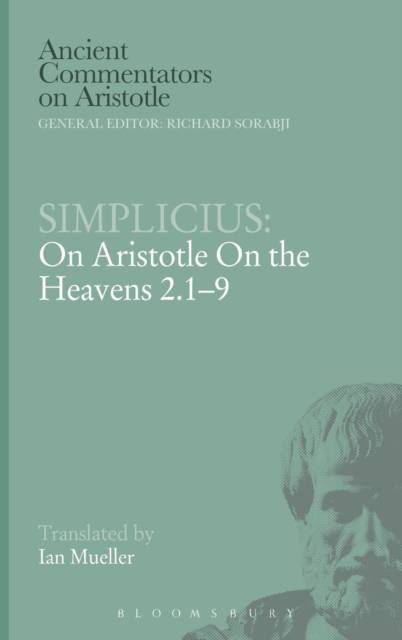
- Afhalen na 1 uur in een winkel met voorraad
- Gratis thuislevering in België vanaf € 30
- Ruim aanbod met 7 miljoen producten
- Afhalen na 1 uur in een winkel met voorraad
- Gratis thuislevering in België vanaf € 30
- Ruim aanbod met 7 miljoen producten
Zoeken
Omschrijving
Aristotle believed that the outermost stars are carried round us on a transparent sphere. There are directions in the universe and a preferred direction of rotation. The sun moon and planets are carried on different revolving spheres. The spheres and celestial bodies are composed of an everlasting fifth element, which has none of the ordinary contrary properties like heat and cold which could destroy it, but only the facility for uniform rotation. But this creates problems as to how the heavenly bodies create light, and, in the case of the sun, heat. The value of Simplicius' commentary on On the Heavens 2,1-9 lies both in its preservation of the lost comments of Alexander and in Simplicius' controversy with him. The two of them discuss not only the problem mentioned, but also whether soul and nature move the spheres as two distinct forces or as one. Alexander appears to have simplified Aristotle's system of 55 spheres down to seven, and some hints may be gleaned as to whether, simplifying further, he thinks there are seven ultimate movers, or only one.
Specificaties
Betrokkenen
- Auteur(s):
- Vertaler(s):
- Uitgeverij:
Inhoud
- Aantal bladzijden:
- 236
- Taal:
- Engels
- Reeks:
Eigenschappen
- Productcode (EAN):
- 9780715632000
- Verschijningsdatum:
- 21/10/2004
- Uitvoering:
- Hardcover
- Formaat:
- Genaaid
- Afmetingen:
- 156 mm x 234 mm
- Gewicht:
- 508 g

Alleen bij Standaard Boekhandel
+ 279 punten op je klantenkaart van Standaard Boekhandel
Beoordelingen
We publiceren alleen reviews die voldoen aan de voorwaarden voor reviews. Bekijk onze voorwaarden voor reviews.











